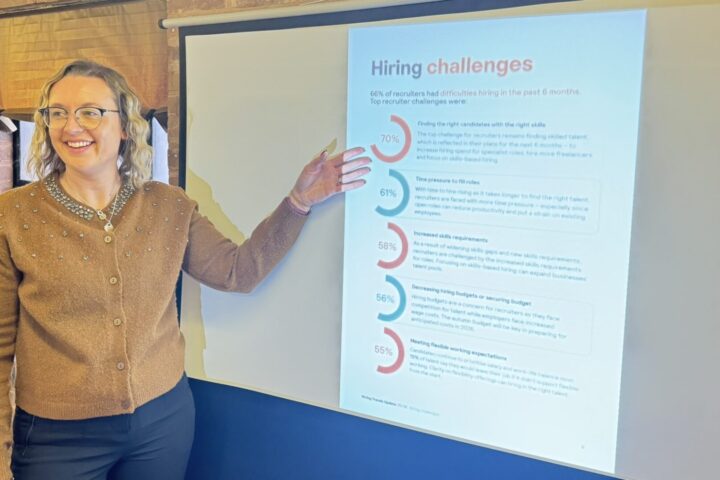Around one in seven (2.7 million) workers in Britain have experienced major pay instability, with pay fluctuating by more than 25% multiple times a year, according to analysis from Resolution Foundation.
The report, entitled ‘Unstable Pay’, found that among those regularly employed, only a quarter had stable pay, where monthly earnings stayed within 10% of their average.
Young workers aged 20 to 24 were most affected, with one in four experiencing erratic earnings.
While a rising minimum wage has lowered low hourly pay, earnings instability remains high among lower-paid workers, increasing financial stress and reliance on credit.
Workers experiencing erratic earnings saw an average monthly income change of 15%, equivalent to spending on essentials like food and clothing.
Instability in pay was particularly pronounced in low-wage sectors like hospitality and arts, where zero-hours contracts are common.
In contrast, among higher earners, fluctuations were often due to year-end bonuses, notably in finance where bonuses averaged 55% of March earnings.
The Foundation highlighted the need for more support to stabilise incomes and living standards, suggesting improvements in Universal Credit, financial resilience, and employer practices.
Nye Cominetti, principal economist at the Resolution Foundation, said: “Most people take the stability of a regular, same-sized pay cheque for granted.
“But major earnings instability is a feature of modern working life for almost three million employees across Britain, who see their pay fluctuate by at least a quarter multiple times a year.
“Not all volatility is bad – for some bankers it amounts to how big their end of year bonus will be.”
Cominetti added: “But high levels of erratic pay among young and low-paid workers is more concerning, as they have fewer resources to fall back on when earnings dip.
“They are also in a weaker position to bargain for stability – underpinning the importance of the Government taking action to improve stability for those workers through its Employment Rights Bill.”

















